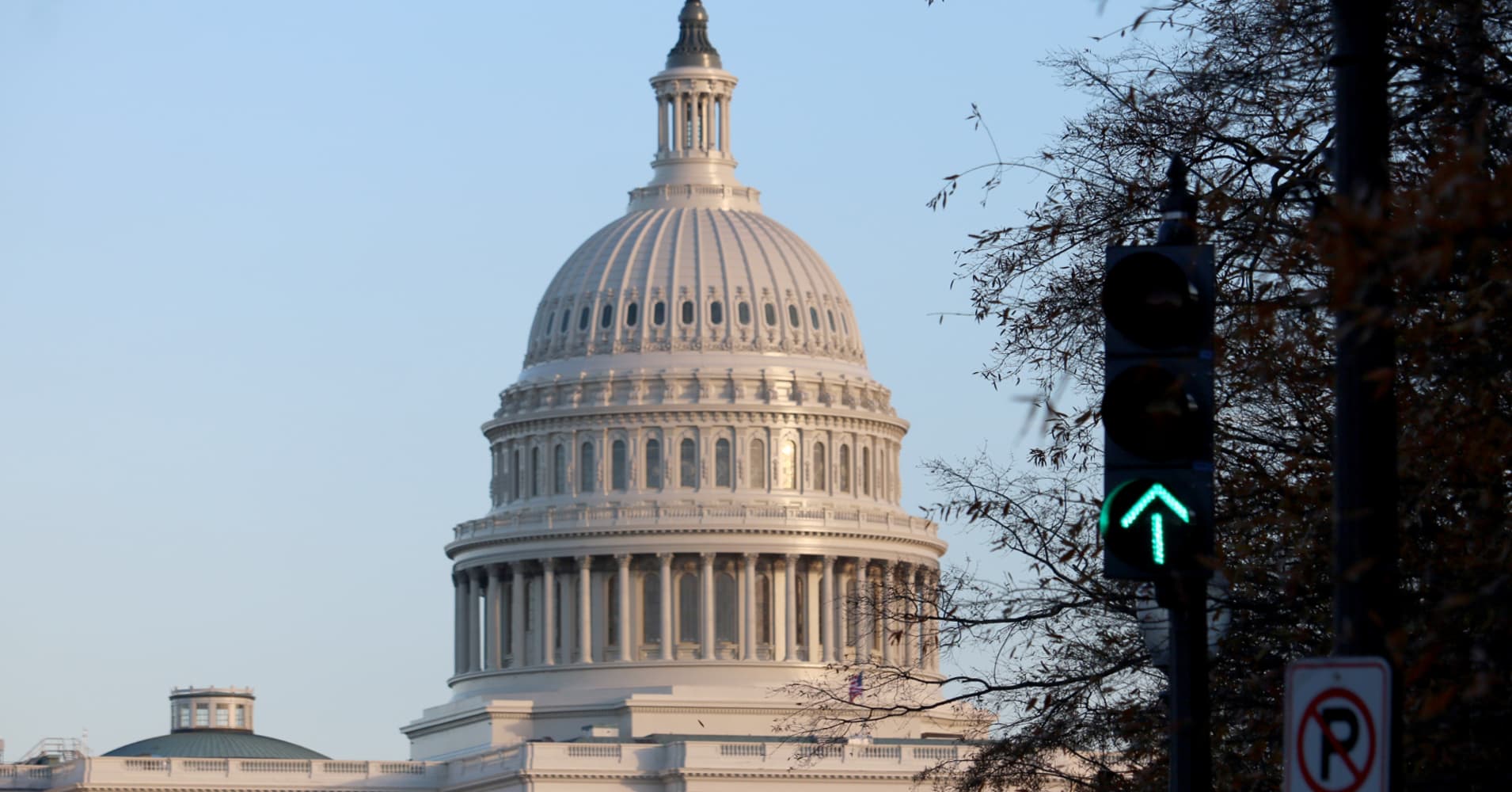
This year may be a disappointing one for start-ups planning to go public. Those aiming to list in the first quarter are stuck in limbo, unable to start the application process until the government is fully re-opened.
Companies like Airbnb, Uber, Lyft, Pinterest and Slack have all signaled their desire to do an initial public offering, or IPO, this year. While those companies have attracted billion-dollar valuations through venture capital investments and big stakes by major investors like Softbank, smaller start-ups that are relying on a windfall from an IPO as their next source of funding likely can’t afford to wait.
Ryan Gilbert, general partner at Propel Venture Partners, said as the long-term effect of the partial government shutdown is starting to set in for Silicon Valley. The IPO calendar is looking empty for the first quarter and these delays are bound to have a “knock-on effect.”
“Smaller companies that aren’t able to access capital from the Softbanks, or the $100 billion funds of the world, need IPOs as the next stage of the fundraising process,” Gilbert told CNBC. “If they’re unable to access public markets, they’ll have to go back to existing financing and if an IPO is their only path, they may have to cut back operations.”
The Securities and Exchange Commission is the agency charge of green-lighting the IPO process. It and other key departments are closed as the shutdown entered its 21st day on Friday, tying a record for the longest lapse in funding. The fight for President Trump’s border wall raged on as about 800,000 federal employees were either furloughed or temporarily working without pay.
The SEC has staff “available to respond to emergency situations involving market integrity and investor protection, including law enforcement,” but most other functions are closed, the agency said on its website.
“When the government does re-open, the SEC will have a backlog of applications,” according to PitchBook analyst Cameron Stanfill. “That causes delays and could throw a wrench in some plans for those looking to file.”
Last year, the highest number of VC-backed companies entered the public markets since 2014, according to a report out this week from PitchBook and the National Venture Capital Association. Venture capital exits hit $120 billion — a 33 percent increase from 2017, largely thanks to IPOs and buyouts. The government shutdown could dampen that total for this year, according to the PitchBook report.
Be the first to comment